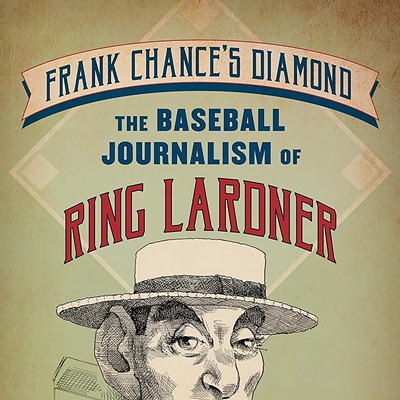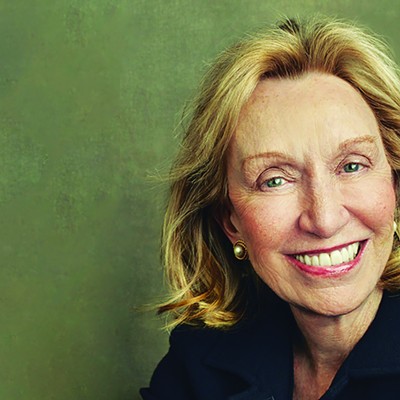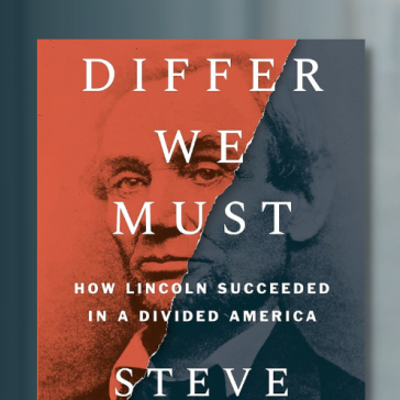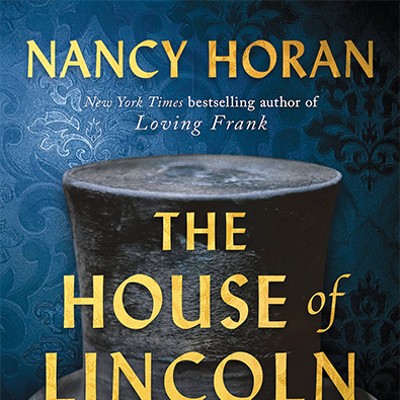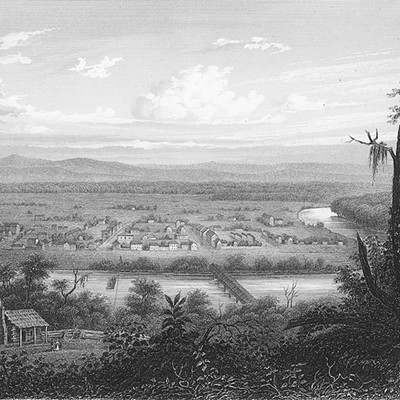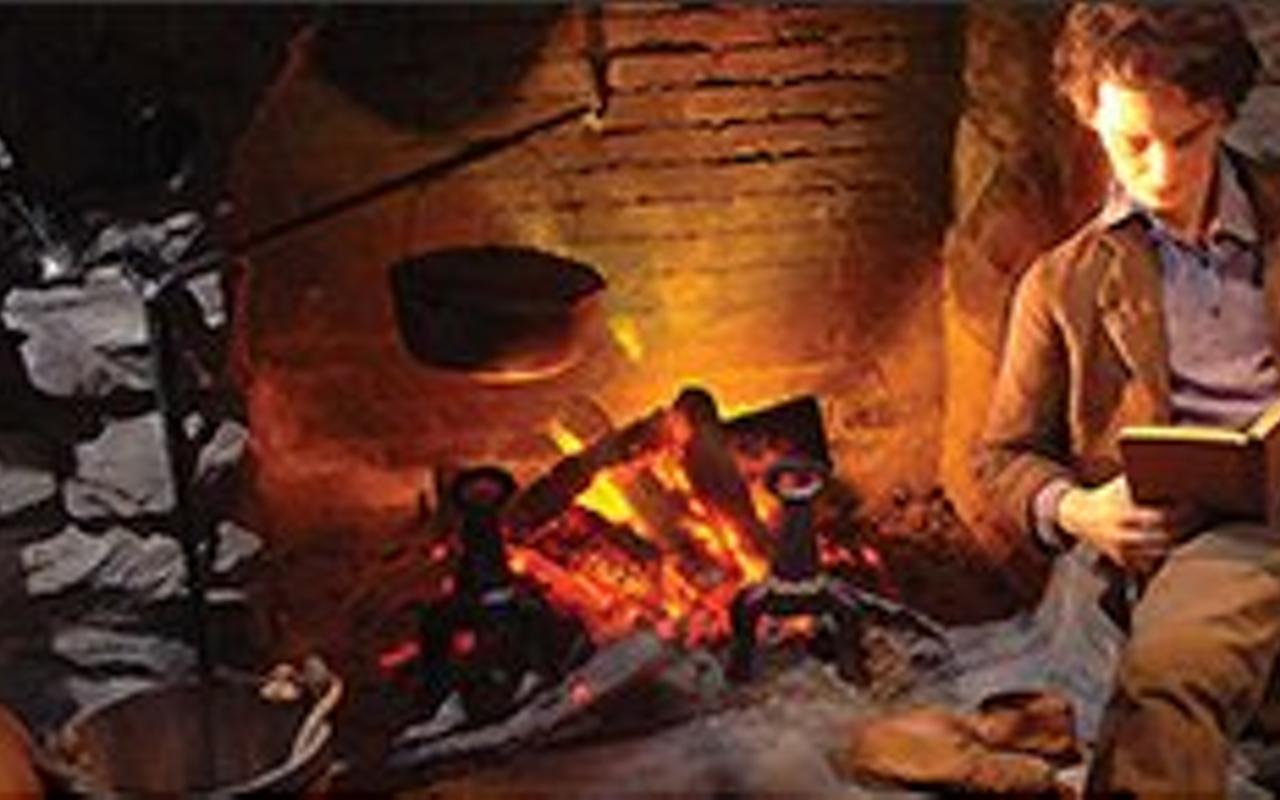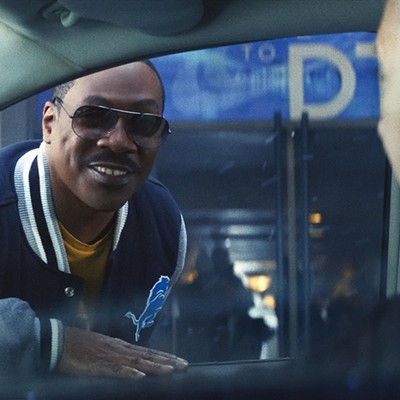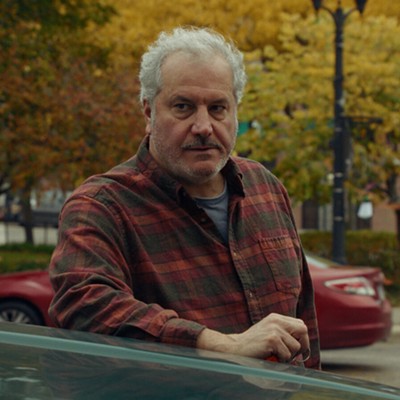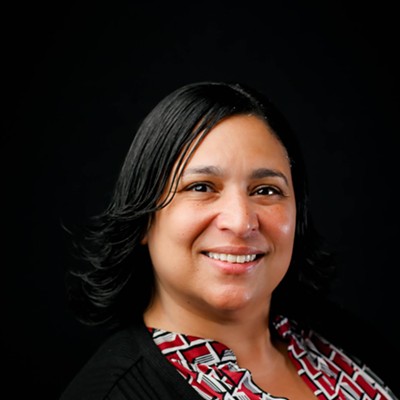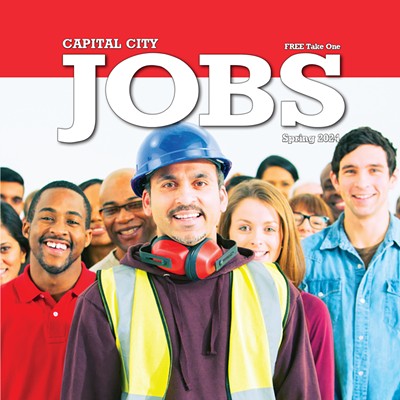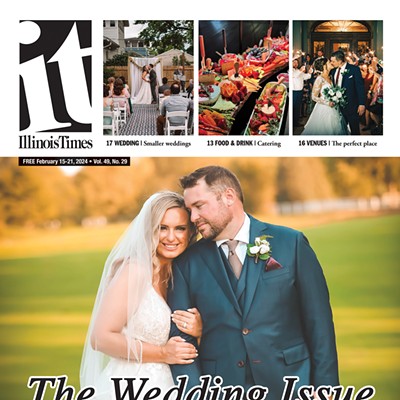The later 1960s are widely recognized as a period of intense upheaval in the United States. However, the unrest developed over time, as the two controversies discussed in Matthew C. Ehrlich's Dangerous Ideas on Campus: Sex, Conspiracy, and Academic Freedom in the Age of JFK show (Urbana: University of Illinois Press, 2021, $24.95). The two cases at the University of Illinois, Urbana-Champaign, took place in 1960 and 1964. Each featured an exceptionally outspoken male faculty member and issues of freedom of speech, but results differed.
Leo Koch was a contract assistant professor, teaching biology in the general education division at the U of I starting in the fall of 1955. He seems to have been a quarrelsome sort, not cooperating with his department heads, and making his unconventional opinions on religion and politics known through letters to the editor of local newspapers and in public speeches. He had already been notified that his most recent two-year contract would not be renewed in 1961 for reasons of academic performance.
In March 1960 Koch wrote a letter to the editor of the Daily Illini responding to an article in the paper about male-female relationships on campus. Given the conservative moral and sexual standards of the 1950s, Koch's statement in the campus paper essentially advocating sexual intercourse among mature and responsible students, was bound to cause trouble. Ultimately opposition, including from the university board of trustees, resulted in Koch's termination in 1960 rather than at the expiration of his contract in 1961.
Koch did not leave without protest, however, leading to a hearing before the board of trustees, which confirmed his termination. After considerable study, the American Association of University Professors censured the U of I in 1963. A positive result of the Koch imbroglio was a six-year revision process, resulting in a clearer code of faculty removal at the U of I. Only when they failed to meet standards of professional competence rather than "standards of public opinion or morality" (p. 83), could faculty members be fired.
This revision process benefited the second difficult professor. Revilo (Oliver backwards) Oliver was a brilliant, tenured classics professor at the U of I with a personal bent toward extreme right-wing, anti-communist, white-supremacist politics. He had already been admonished by various superiors at the U of I for his expressions of opinion before he published his virulent, controversial article in the John Birch Society magazine in February 1964. Extremely critical of John F. Kennedy only three months after his assassination, and full of conspiracy theories, the article caused great consternation. Despite the upheaval, Oliver continued to purvey his views, but not in the classroom. In this case, the university defended his freedom of speech while distancing itself from Oliver's opinions. Oliver retained his job.
Matthew C. Ehrlich carefully lays out the context – the period attitudes relevant to each of the cases – and assesses the similarities and differences between the issues. These included concern about potential damage to the U of I's reputation, especially as the baby-boomer generation prepared to enter college, necessitating a bond issue to construct facilities to accommodate them. Koch's letter appeared in the newspaper during a week when numerous prospective freshmen and their parents were visiting campus. The risk that the bond issue would not pass and that parents would choose to send their children elsewhere appeared to be very great.
Issues of free speech and academic freedom were extremely important for both professors. In question were the rights of faculty to say what they wanted to, however offensive, on their own time, and the rights of others to protest such speech, as well as the power of campus authorities and public opinion to control free speech. Decisions made in both cases not only mattered to the U of I, but also affected campuses nationwide. Events in Illinois helped to provoke the free speech movement in 1964 at the University of California, Berkeley, that spread nationwide from there.
The results of the Koch and Oliver cases differed for several important reasons. Koch was a contract hire while Oliver was a tenured professor. Oliver managed to keep his rants out of the classroom while Koch did not. There was never any question about Oliver's professional competence, but Koch's was examined well before his agitating letter. Finally, the policy revisions provoked by the Koch case and the AAUP censure benefited Oliver, and eventually other outspoken people nationwide.
Ehrlich has thoroughly researched and carefully presented two obscure but influential U of I episodes that had widespread effects in their own time and concern issues of free speech and its restriction still relevant to ours. It is a book well worth reading for fans of the U of I, for those who personally remember the 60s, and for anyone concerned about academic freedom.
Springfield historian Glenna R. Schroeder-Lein, a former documentary editor and manuscripts librarian, remembers the 60s, but in Southern California where she grew up.




